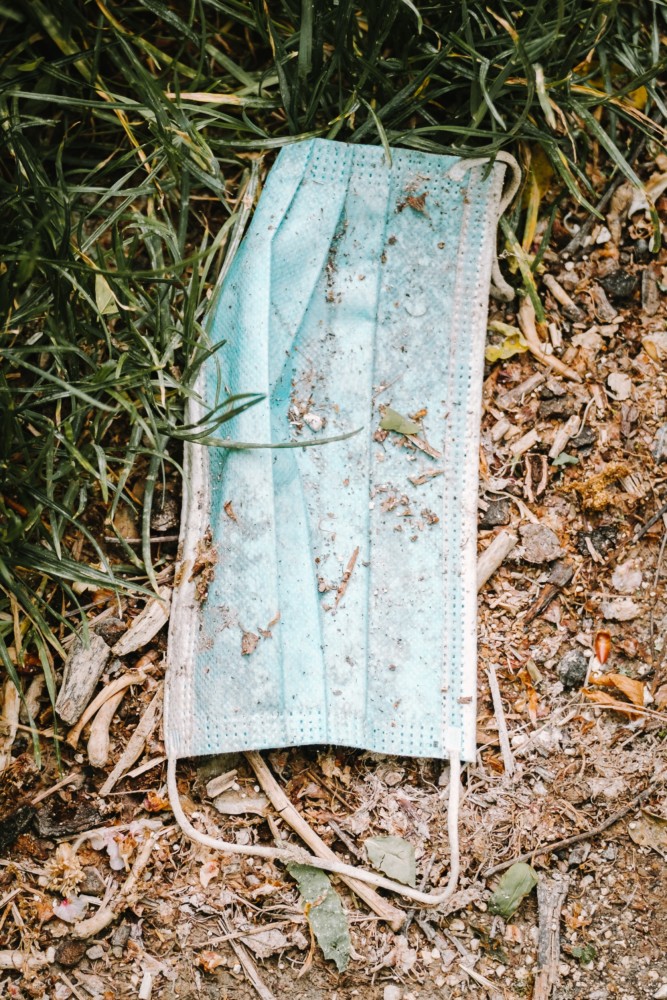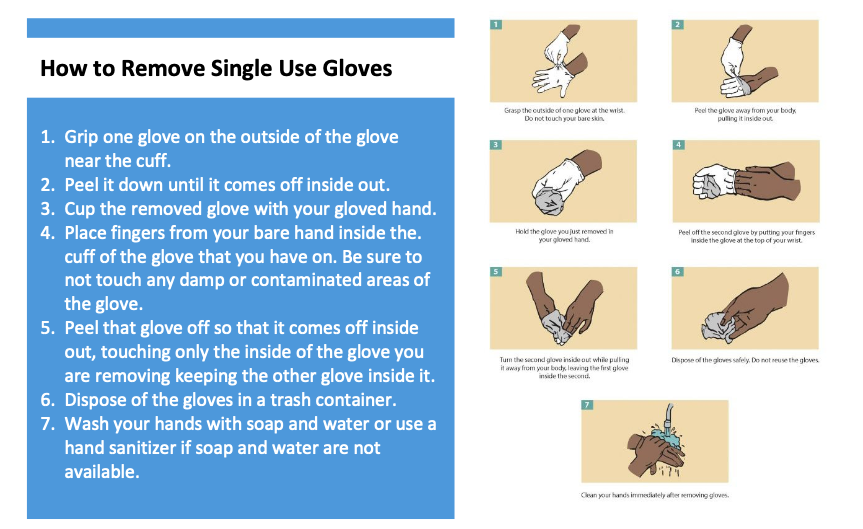
How to *Safely* Clean Up Your Block During COVID-19
Tired of watching paper cups and plastic bags blow down your block? So are we.
Amongst nicknames like “the City of Brotherly Love” lies a less appealing reference, “Filthadelphia,” derived from Philly’s notoriously littered streets. Although the City of Philadelphia has annual events like the Philly Spring Clean Up in April, residents know how quickly our streets get saturated with trash. The litter problem is so pervasive that the city’s 311 non-emergency hotline gets over 200,000 calls a year solely for illegal dumping and waste, and not to mention millions of dollars goes to litter clean up in Philly
Litter also poses significant threats to humans, animals, and the environment at large.
Critters often mistake trash for food or as materials to nests with. How many times have you seen a Philly pigeon pecking on a rouge plastic wrapper? These foreign substances can be fatal for an animal to ingest, which has implications for an ecosystem’s population balance. Picking up trash (or not littering in the first place) prevents wildlife from coming into contact with it.
It’s also common to see trash floating in our waterways. Simply picking up trash prevents these objects from eventually entering bodies of water, with a myriad of negative effects. It clogs stormwater drains and exacerbating flooding, which is a real cause for concern for a city that’s expected to get much wetter as the climate changes.
Food and other organic materials, once in the water, can create conditions that make it difficult for aquatic life to thrive as well. They fuel algae blooms, which can take up much of the available amount of oxygen in the water, necessary for fish and other species to survive.
Although the Delaware river used to be in much worse condition (shout out Clean Water Act!), it still contains pollution, and litter only worsens the not-so-favorable conditions for aquatic life. While wastewater treatment removes many micro-plastics out of our drinking water, a lifetime of consumption is dangerous when toxins in the plastic bioaccumulate.
Here’s a video by Philly’s very own Trash Academy about the negative effects of litter:
You can’t control the litter bugs, so what can you do?
With people are using public spaces more frequently and in higher volume, leading to excess litter and overflowing trash cans and the Zero Waste and Litter Cabinet gone, residents may want to take things into their own hands.
To see how Philly residents can combat litter and its ill effects most effectively and safely, we asked Kelly Offner, Executive Director of Keep Philadelphia Beautiful, for her expert advice.
With all that in mind…Here’s how you can get started.
How to be Safe During Trash Clean Ups
Prioritize Protection & Dress for the Occasion
Offner recommends using nitrile palm gloves: they’re reusable, can be put in the wash, and offer great protection. This also allows you to avoid using medical grade gloves that hospitals and clinics need.
Wear a large shirt over on top of your other clothes so that the layer can be readily removed before entering your home.
Pick a Location
Plan out a path to follow; you can focus on your block, a nearby park, creek, or stream that you see needs some TLC.
Squad up and Stay Social
Ask neighbors if they would be interested in participating in ‘litter pick-up days,’ or check with your neighborhood group if they’re already doing it.
Social distancing guidelines won’t be going away anytime soon. Fortunately, it’s easy to clean up at least six feet apart. If you’re organizing a community clean-up, work in small, socially distant groups and suggest participants do a self-health assessment before joining.
Sign up to keep your block clean (or connect with neighbors doing the same) on Not In Philly, an adopt-a-block Philly website. They provide residents with resources and tools to keep our streets clean.
Bring the Right Tools
You should bring at least two trash bags, one for the litter and one for recyclables. It’s recommended to have some sort of collection device with a trash grabber.
How to Handle Personal Protective Equipment (PPE)
- Act like all PPE is contaminated. When encountering littered PPE during your clean up, be cautious. If possible, do not touch it directly.
- Use a trash grabber, broom, and/or stick to pick up used PPE. Instead, use a stick/shovel and pick it up or sacrifice a pair of old kitchen tongs.
- If you’re using single-use gloves, pick-up the PPE and throw it in the trash bag. After you’re clean up, remove your single-use gloves and dispose of immediately.
- Hands off your face! Be mindful of not touching your face!
- Put the PPE in the litter collection bag (aka trash). It’s considered municipal solid waste. Unfortunately, latex gloves are not recyclable, so those get trashed too.
- If you come across hazardous materials or weapons, do not try to remove it yourself! Contact 311 via phone or the app.

Other Cleanup Reminders
Wear bright colors or a safety vest if you’ll be near busy streets or at collecting at night to ensure you’re seen.
Bring a reusable water bottle and snacks along to keep yourself fueled.
Call the Philadelphia More Beautiful Committee at 215-685-3981 to learn about becoming a block captain so you’re able to better organize your street.
Remember: It doesn’t have to be a big cleanup every time. The next time you go out for some fresh air, bring trash bags, gloves, hand sanitizer, and a trash grabber with you to do good.
Photo by Robin Benzrihem on Unsplash








